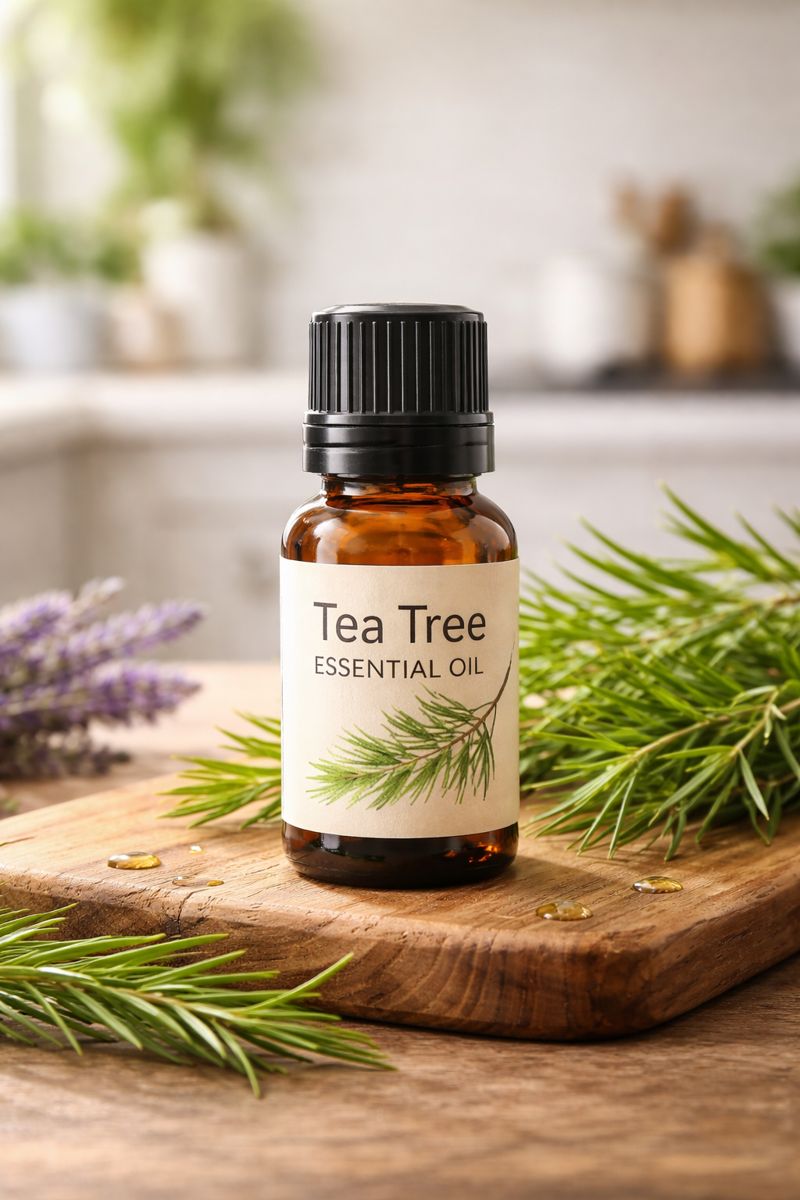
Discover Tea Tree Oil
A Comprehensive Guide to Origins, Benefits, and Uses
Natural remedies such as tea tree oil stand out as a versatile ally in wellness routines especially when gentle, yet effective properties are being sought out.
Derived from the leaves of the Melaleuca alternifolia plant, this oil has been cherished for centuries by Indigenous Australian communities for its purifying and soothing qualities.
Today, it continues to captivate those pursuing a balanced approach to health, offering support for skin clarity, respiratory comfort, and overall vitality. Unlike more aggressive treatments, tea tree oil invites a mindful, reflective path to well-being, blending tradition with modern insights.
In this guide, we explore its origins, extraction, composition, potential benefits, safe uses, and more, drawing on historical wisdom and contemporary research to help you integrate it thoughtfully into your life.
In This Guide:-
– What Is Tea Tree Essential Oil?
– How It’s Extracted
– Benefits & Common Uses
– Safety & How to Use
– Aroma & Blending
🌿🌿🌿🌿 Tea tree essential oil has been part of my life for many years—if you’re curious, I share a short personal reflection 🌿🌿🌿🌿
What Is Tea Tree Essential Oil?
Tea tree essential oil, often referred to as Melaleuca oil, is a potent extract obtained from the leaves of the tea tree plant. Renowned for its fresh, medicinal aroma and broad-spectrum properties, it has become a staple in natural health and beauty products. While not related to the tea plant used for beverages like black or green tea, its name stems from early European explorers who observed Indigenous uses resembling tea preparations.
This oil is celebrated for its ability to promote a sense of cleanliness and renewal, making it ideal for those seeking natural alternatives in skincare and home care.
Botanical and Geographic Origins
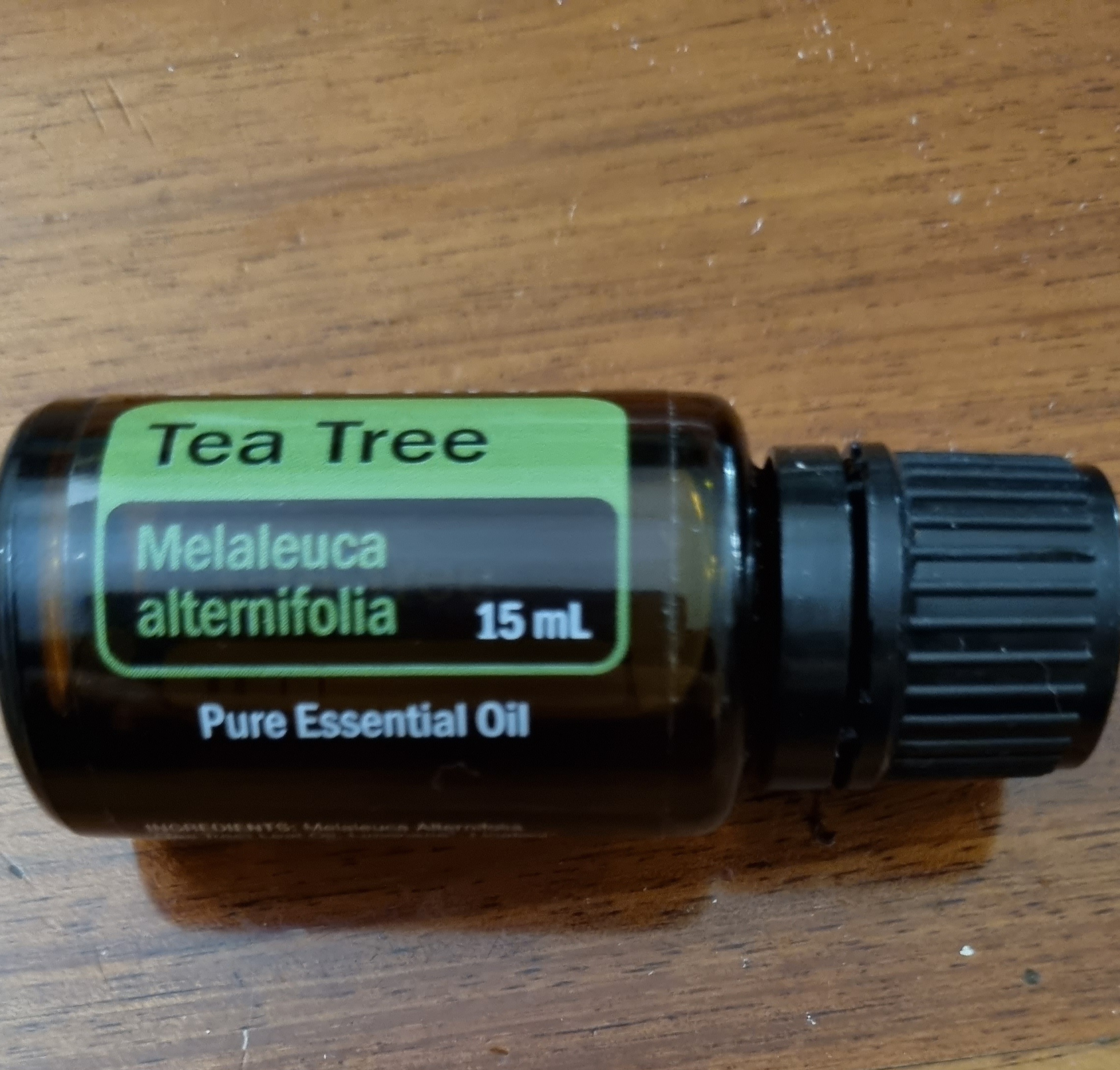
The tea tree, botanically known as Melaleuca alternifolia, belongs to the Myrtaceae family, which includes other aromatic plants like eucalyptus and clove. Native to the swampy lowlands and coastal regions of southeast Queensland and northeast New South Wales in Australia, it thrives in warm, humid climates with well-drained soil. The plant is a small tree or shrub, growing up to 7 meters tall, with narrow, lance-shaped leaves, fluffy white flowers, and papery bark.
Indigenous Australian peoples, particularly the Bundjalung people of northern New South Wales, have utilized the tea tree for millennia. Oral histories describe "healing lakes" where fallen leaves infused the water with therapeutic properties, used for treating wounds, infections, and respiratory issues. The leaves were crushed for poultices, inhaled for congestion relief, or brewed into infusions.
The name "tea tree" was coined by British explorer Captain James Cook in the 1770s, who noted Indigenous preparations resembling tea. Commercial interest surged in the 1920s when Australian chemist Arthur Penfold documented its antiseptic qualities, leading to its inclusion in military first-aid kits during World War II. Today, Australia remains the primary producer, with sustainable cultivation expanding to China, South Africa, and other regions to meet global demand.
How Is Tea Tree Essential Oil Extracted?
The extraction of tea tree essential oil emphasizes purity and potency, relying on time-honored methods adapted for modern efficiency. Steam distillation is the standard process, preserving the oil's active compounds while ensuring a high-quality product. This method aligns with sustainable practices, as the plant regenerates quickly after harvesting.
Harvesting the Raw Material
Tea tree plants are typically harvested in their second or third year, when essential oil content peaks. Sustainable farms selectively prune branches during the warmer months, allowing the plant to regrow without harm. Leaves and young twigs are preferred, as they contain the highest concentrations of volatile compounds.
Harvesting occurs in dry weather to prevent mold, and the material is processed within hours to maintain freshness. Ethical sourcing prioritizes organic cultivation, avoiding pesticides to protect soil health and biodiversity in native habitats.
Distillation Process
Steam distillation begins by placing the harvested leaves in a sealed chamber. Steam is passed through at controlled temperatures (around 100°C) for 1-2 hours, vaporizing the oil glands. The vapor travels to a condenser, cooling into a mixture of oil and water (hydrosol). Separation follows, with the lighter oil floating atop the water. Yields are about 1-2% by weight, influenced by plant variety, soil, and climate. Refinement, such as vacuum distillation, may remove impurities, but high-quality oils adhere to ISO 4730 standards, ensuring terpinen-4-ol levels of 30-48%. This process yields a clear to pale yellow oil with a characteristic scent.
Chemical Composition of Tea Tree Essential Oil
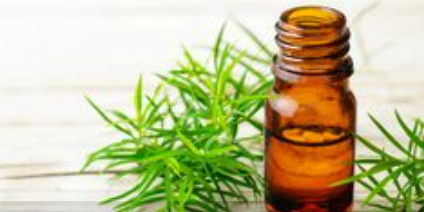
Tea tree essential oil's efficacy stems from its complex chemistry, comprising over 100 compounds, primarily monoterpenes and sesquiterpenes. The ISO 4730 standard regulates key components for commercial oils, ensuring consistency and quality.
Dominant is terpinen-4-ol (30-48%), the primary antimicrobial agent, contributing to the oil's purifying effects. Gamma-terpinene (10-28%) and alpha-terpinene (5-13%) enhance its antioxidant properties, while 1,8-cineole (up to 15%) adds anti-inflammatory benefits, though high levels can irritate skin. Other notables include p-cymene (0.5-12%), terpinolene (1.5-5%), and alpha-pinene (1-6%), which support overall stability and aroma. Variations occur due to chemotypes, but the terpinen-4-ol type is standard for therapeutic use. Research on isolated compounds, like terpinen-4-ol's role in modulating inflammation, underscores its potential, though human outcomes vary.

What Are The Health Benefits of Tea Tree Oil?
Tea tree essential oil has long been valued for its supportive role in health, rooted in traditional practices and increasingly explored by science. While not a substitute for medical care, it offers complementary benefits when used mindfully.
Traditionally Recognized Uses
Indigenous Australians employed tea tree for wound care, insect bites, and respiratory support, crushing leaves for poultices or infusions. In folk medicine, it's used for skin clarity, scalp health, and minor infections, promoting a sense of balance and protection.
What Modern Research Is Exploring
Contemporary studies, often in vitro or small-scale human trials, suggest antimicrobial, anti-inflammatory, and antioxidant actions. Outcomes vary, and more robust research is needed. Always consult a healthcare professional for health concerns.
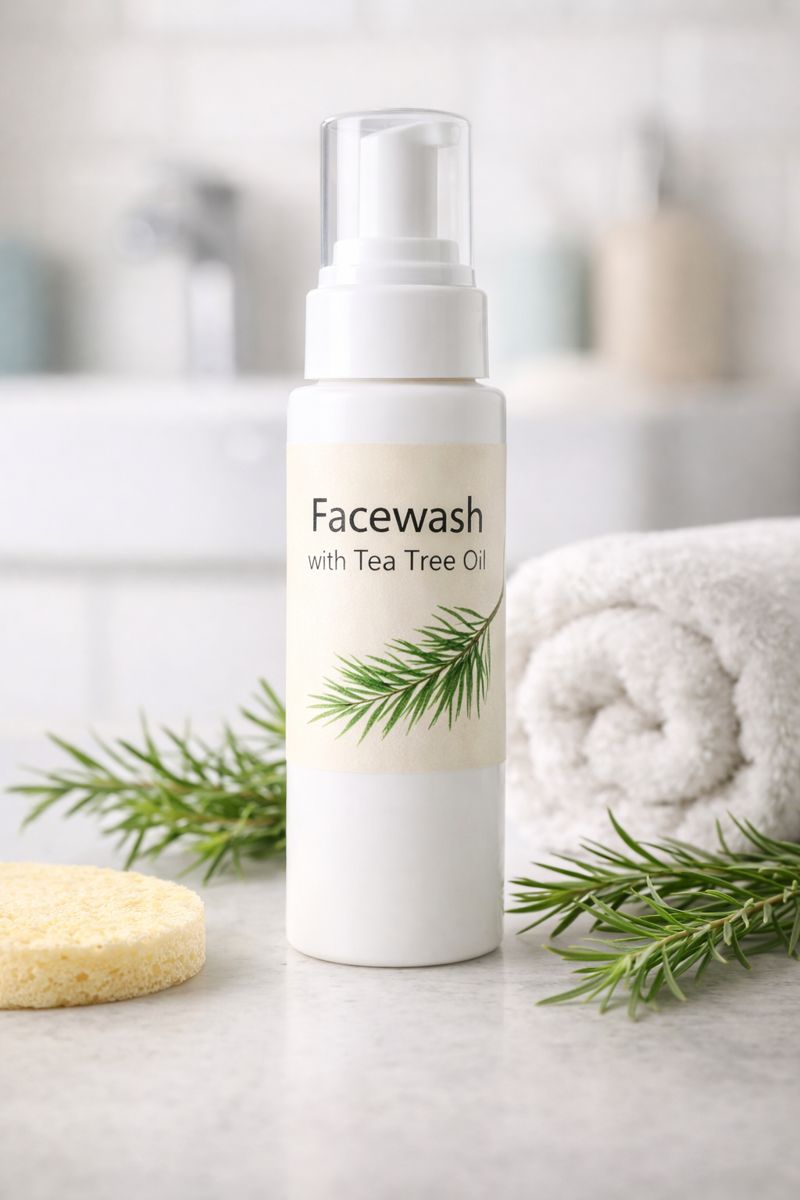
Can Tea Tree Essential Oil Support Skin Health?
Tea tree essential oil is widely valued for its natural antimicrobial and anti-inflammatory properties, making it a popular choice for various skin concerns. Here’s what current understanding suggests:
- Acne - A 5% concentration has been studied for reducing acne lesions. It appears to work by targeting Propionibacterium acnes (a key acne-causing bacteria) and calming inflammation. Some research shows results similar to benzoyl peroxide, often with potentially fewer side effects (such as less dryness or irritation).
- Athlete’s foot and nail fungus - Topical application shows some promise due to its antifungal properties. However, results are inconsistent across studies. It is generally not considered superior to standard conventional antifungal treatments.
- Minor wounds and skin irritations - May help support wound healing by helping prevent bacterial infection. Evidence remains preliminary and more research is needed to confirm effectiveness.
As with any natural remedy, results can vary between individuals. Tea tree oil should always be properly diluted before applying to the skin, and it’s wise to perform a patch test first. For persistent or severe skin conditions, consult a healthcare professional or dermatologist rather than relying solely on essential oils.
Can Tea Tree Essential Oil Support Scalp and Hair Health?
For dandruff and scalp conditions, 5% tea tree shampoo may reduce flaking and itching due to antifungal effects against Malassezia fungi. It balances oil production, potentially benefiting oily hair, though it's not a cure-all.
Can Tea Tree Essential Oil Support Respiratory and Immune Health?
Inhaled, it may ease congestion via expectorant properties, supporting respiratory comfort. Its broad antimicrobial spectrum could bolster immune defenses against common pathogens, but human studies are limited.
Can Tea Tree Essential Oil Support Oral Health?
Mouth rinses with 0.2-0.5% tea tree oil may reduce plaque and gingivitis as an adjunct to brushing, thanks to antibacterial actions. Do not swallow.
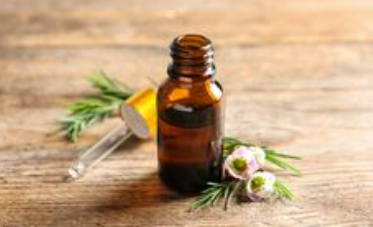
How to Use Tea Tree Essential Oil Safely
Incorporate tea tree oil with caution, prioritizing dilution and quality from reputable sources.
Aromatherapy
Diffuse 3-5 drops for 30-60 minutes to freshen air and promote clarity. Blend with eucalyptus for respiratory support.
Topical Application
Dilute to 1-5% in a carrier oil (e.g., jojoba) for skin use. Apply to acne spots or add to lotions for broader coverage.
Bath & Massage
Add 5-8 diluted drops to baths for relaxation, or mix into massage oils for soothing tense areas.
Household Uses
Add to cleaners for natural disinfection, or to shampoos for scalp care.
Safety Guidelines
Always dilute; undiluted use can cause irritation. Perform a patch test. Avoid ingestion—it's toxic orally, potentially causing confusion or coma. Not for eyes, mucous membranes, or open wounds. Pregnant, nursing, or those with hormone-sensitive conditions should consult professionals. Keep from children/pets. If irritation occurs, discontinue and seek advice. These align with aromatherapy standards; it's not a medical substitute.
What does Tea Tree Essential Oil smell like?
Tea tree essential oil has a strong, refreshing scent that is reminiscent of eucalyptus and camphor. It has an earthy, herbaceous aroma with notes of lemon and peppermint. The scent can be described as invigorating and stimulating, yet calming at the same time. Tea tree essential oil is often used in aromatherapy to help bring calm, improve focus and energize.
What other essential oils does Tea Tree Oil blend well with?
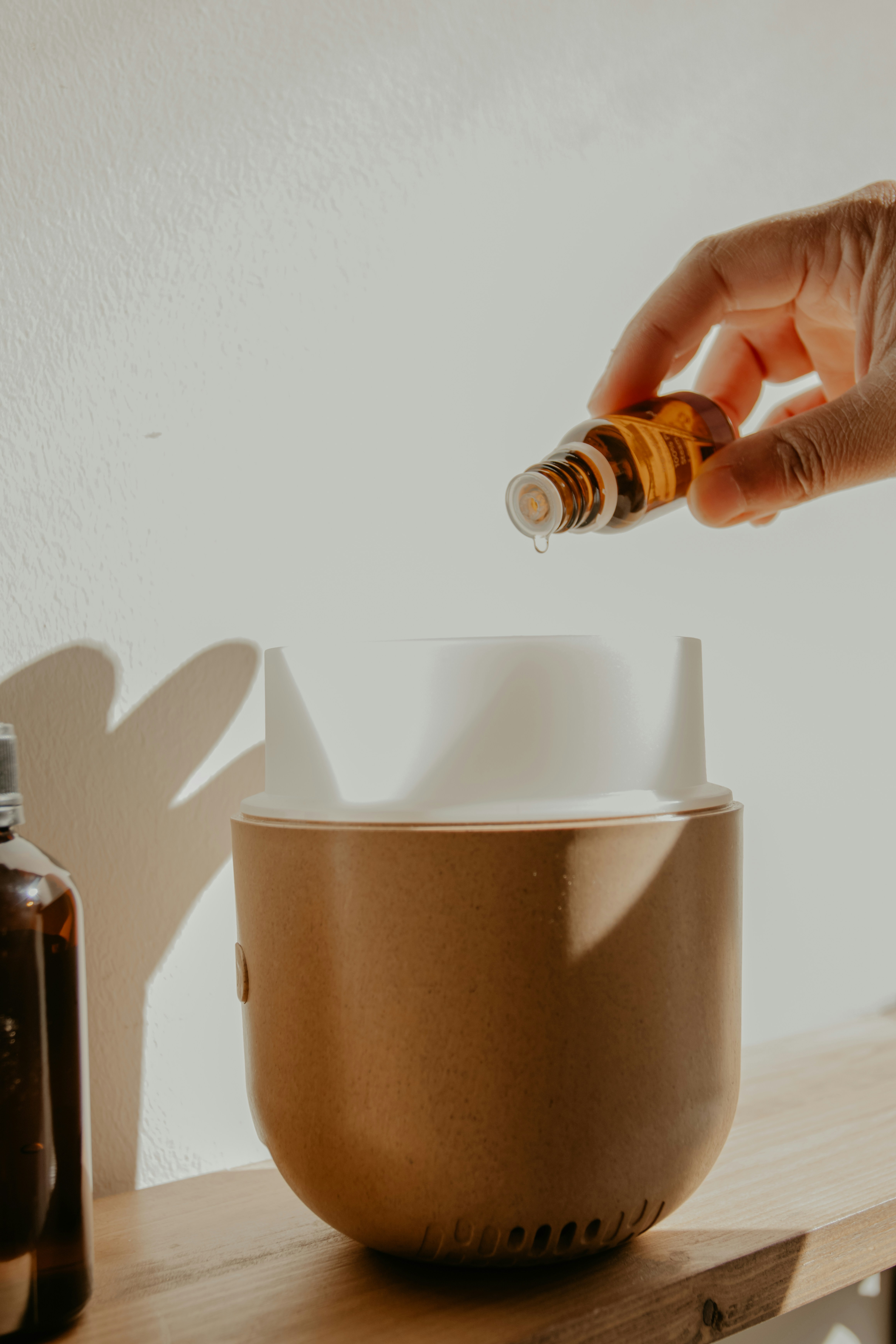
Tea tree essential oil blends well with a variety of other essential oils, including:
Lavender essential oil - is known for its calming and relaxing properties and can help to balance the strong scent of tea tree oil.
Lemon essential oil - has a fresh and uplifting scent and can help to boost the mood and enhance the antimicrobial properties of tea tree oil.
Eucalyptus essential oil - has a cooling and invigorating scent and can help to support respiratory health when combined with tea tree oil.
Peppermint essential oil - has a refreshing and energizing scent and can help to soothe headaches and other types of pain when combined with tea tree oil.
Rosemary essential oil - has a herbaceous and stimulating scent and can help to enhance the antifungal properties of tea tree oil.
🌿 🪻 🍋🟩
When blending essential oils, it is important to use high-quality oils and to dilute them properly before use. A general rule of thumb is to use no more than 1-2 drops of essential oil per 1 tablespoon of carrier oil. It is also a good idea to do a patch test before applying the blend to a larger area of skin to ensure that you are not sensitive to any of the oils.
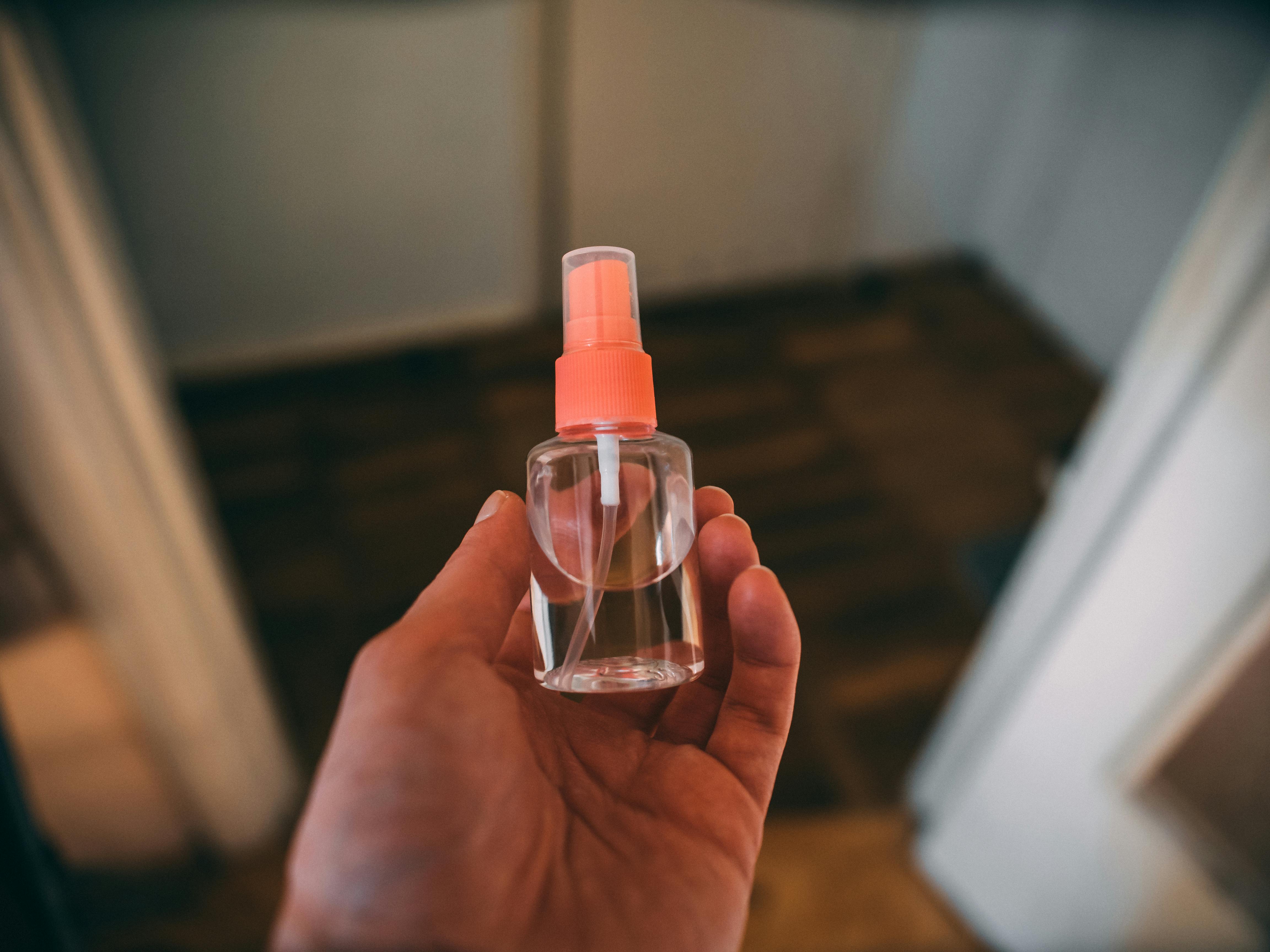
A Personal Note 🌿🪻
Tea tree essential oil holds a special place in my wellness journey—it was one of the first essential oils I truly connected with many years ago.
Growing up, it was a familiar presence in our home. My mom treated it as a household staple, drawn to its strong, purifying aroma and her belief that it helped create an environment less inviting to pests. She would use it in areas where our dogs spent time, and I remember being intrigued by just how potent and unmistakable the scent was.
That curiosity led me to experiment early on in simple, creative ways. One of my first projects was blending a few drops of tea tree oil with lavender to create a basic room spray. I loved how the sharpness of tea tree softened when paired with a gentler oil, and that small experiment sparked a lasting appreciation for using natural aromas to freshen and care for our living spaces.
Even now, decades later, I still enjoy making my own natural room sprays at home. My current favorite blend uses witch hazel as a base, combined with tea tree and eucalyptus essential oils. I find it especially useful for refreshing indoor air and reducing lingering, stale odors—something I appreciate in a home shared with pets.
For me, tea tree oil has never been about dramatic results or quick fixes. It’s simply been a steady, familiar presence—one that continues to support my preference for simple, mindful ways of caring for the spaces I live in.
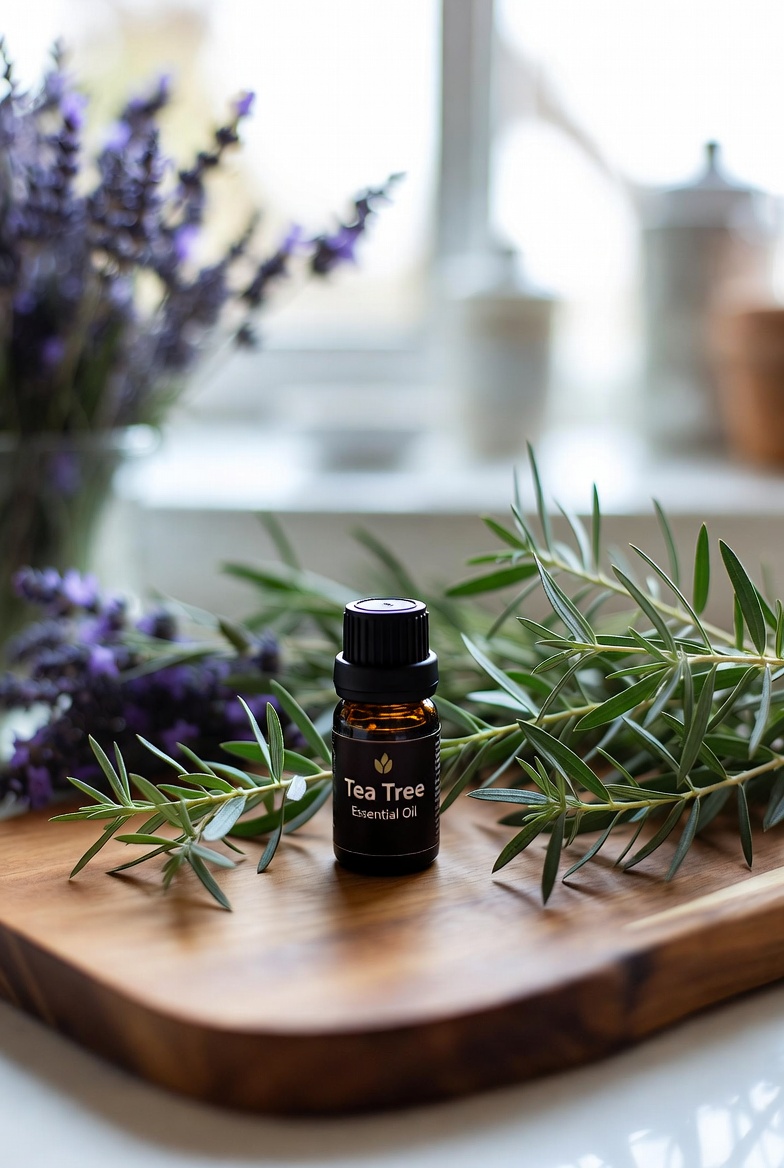
Why Is Tea Tree Known as “Nature's Antiseptic”?
This moniker reflects its potent antimicrobial heritage, from Aboriginal healing to Penfold's 1920s research highlighting its germ-fighting prowess—up to 13 times stronger than carbolic acid. Terpinen-4-ol drives this, symbolizing natural purification and resilience.
Final Thoughts
Tea tree essential oil embodies enduring wisdom, bridging ancient traditions with modern wellness. Its purifying essence encourages a thoughtful approach to health, valuing prevention and balance over haste. Whether for skin vitality or home freshness, it invites reflection on nature's gifts. For more insights, explore our essential oils guide, and consult professionals for personalized advice. Remember, these are not FDA-approved treatments; they're complements to holistic living.
If you want tips on natural wellness, you can get them straight to your inbox.

Enter your email below and I’ll share new articles, reflections, and practical insights as they’re published.


